25 Years Since Crime at Ovčara Victims’ trust in domestic judiciary is betrayed

 November 20th 2016 marks the 25th anniversary of the crime committed at „Ovčara“ farm near Vukovar, when members of the local territorial defense unit (Teritorijalna odbrana – TO) and Serb volunteers under the command of the Yugoslav People’s Army (JNA) killed 265 Croatian civilians and prisoners of war. The Humanitarian Law Center (HLC) on this occasion would like to remind the public that the trial of this case before the domestic courts has not yet been finally completed, even after more than 12 years.
November 20th 2016 marks the 25th anniversary of the crime committed at „Ovčara“ farm near Vukovar, when members of the local territorial defense unit (Teritorijalna odbrana – TO) and Serb volunteers under the command of the Yugoslav People’s Army (JNA) killed 265 Croatian civilians and prisoners of war. The Humanitarian Law Center (HLC) on this occasion would like to remind the public that the trial of this case before the domestic courts has not yet been finally completed, even after more than 12 years.







 The Higher Court in Belgrade rendered a judgment in the
The Higher Court in Belgrade rendered a judgment in the 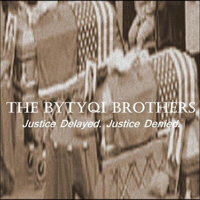
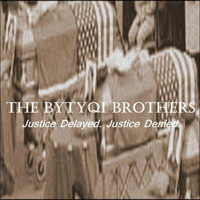
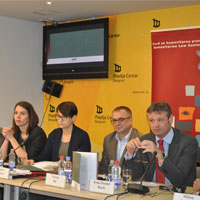
 On Thursday, March 3, 2016, the Humanitarian Law Center (HLC) presented the Report on War Crimes Trials in Serbia in 2014 and 2015, and organised a debate on this occasion. The Report includes an analysis of 27 cases that were conducted before the courts in Serbia, the general findings about the war crimes trials, and an overview of the sociopolitical events that were of importance to the war crimes trials in Serbia in the said period.
On Thursday, March 3, 2016, the Humanitarian Law Center (HLC) presented the Report on War Crimes Trials in Serbia in 2014 and 2015, and organised a debate on this occasion. The Report includes an analysis of 27 cases that were conducted before the courts in Serbia, the general findings about the war crimes trials, and an overview of the sociopolitical events that were of importance to the war crimes trials in Serbia in the said period. 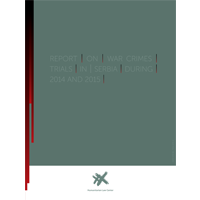
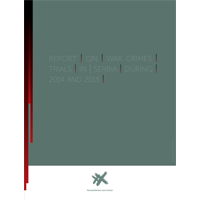 The biannual report on war crimes trials in Serbia offers an insight into all war crimes trials conducted before the Higher Court and the Appellate Court in Belgrade, as well as before the courts of general jurisdiction. The report gives a brief overview of proceedings for 27 cases, as well as the basic findings of the HLC regarding the cases.
The biannual report on war crimes trials in Serbia offers an insight into all war crimes trials conducted before the Higher Court and the Appellate Court in Belgrade, as well as before the courts of general jurisdiction. The report gives a brief overview of proceedings for 27 cases, as well as the basic findings of the HLC regarding the cases. 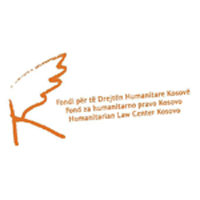
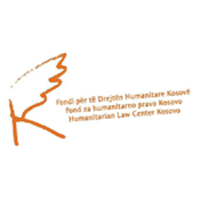 Following a thirteen-month trial in the case the Prosecutor against Oliver Ivanović et aila,
Following a thirteen-month trial in the case the Prosecutor against Oliver Ivanović et aila,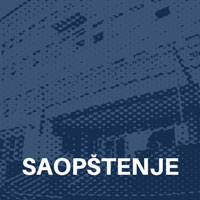
 The Republic of Serbia Ministry of Justice published the
The Republic of Serbia Ministry of Justice published the